Does Fighting Chargebacks Lead to Angry Customers & Bad Business Reviews?
Fighting chargebacks can recover lost revenue — but at what cost? Will customers get angry if you challenge their chargebacks? Will they bad-mouth you online if their disputes are overturned?
Here’s what you can expect.
Chargebacks From the Customer’s Perspective
If you want to anticipate how your customers are feeling during the chargeback process, you need to consider things from their perspective.
Think about a chargeback in its most basic form. Your customer wants a refund. But rather than come to you for that refund, the customer goes to the bank. The bank is expected to resolve the issue — not you.
From the customer’s viewpoint, anything that does or doesn’t happen during the chargeback process is a direct result of the bank’s actions. Your involvement is behind the scenes, so for the average customer, it’s all unknown and irrelevant.
Now, take that insight and think about what it means in the context of fighting chargebacks.
What Happens When You Fight a Chargeback
Here is a basic overview of the chargeback process.
Note: The following outlines all disputes except those processed with Visa’s allocation workflow.
Your customer will contact the bank. The bank representative will ask a few questions and gather some information. While the bank investigates the situation, the customer will receive a conditional refund.
If the dispute is valid, the customer can keep the money. If the bank discovers the dispute is invalid, the money will be withdrawn from the customer’s account.
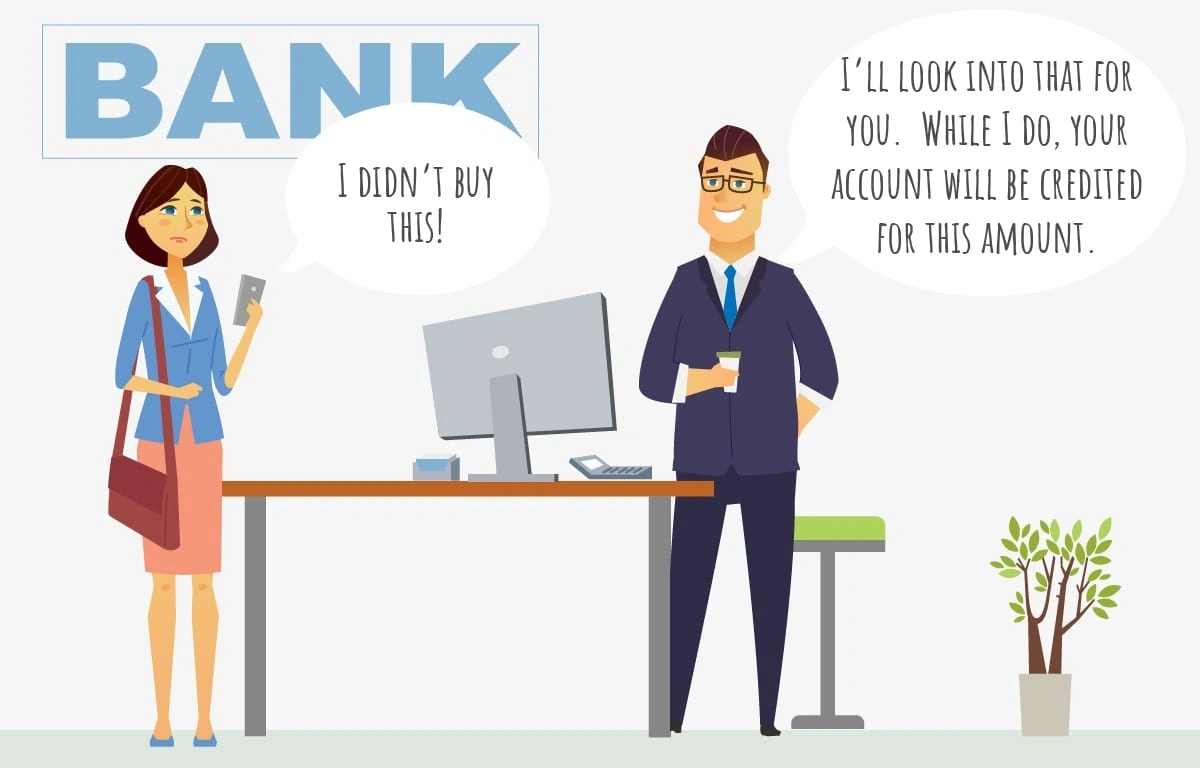
The bank will send you (or Kount, if you use our services) a dispute notice.
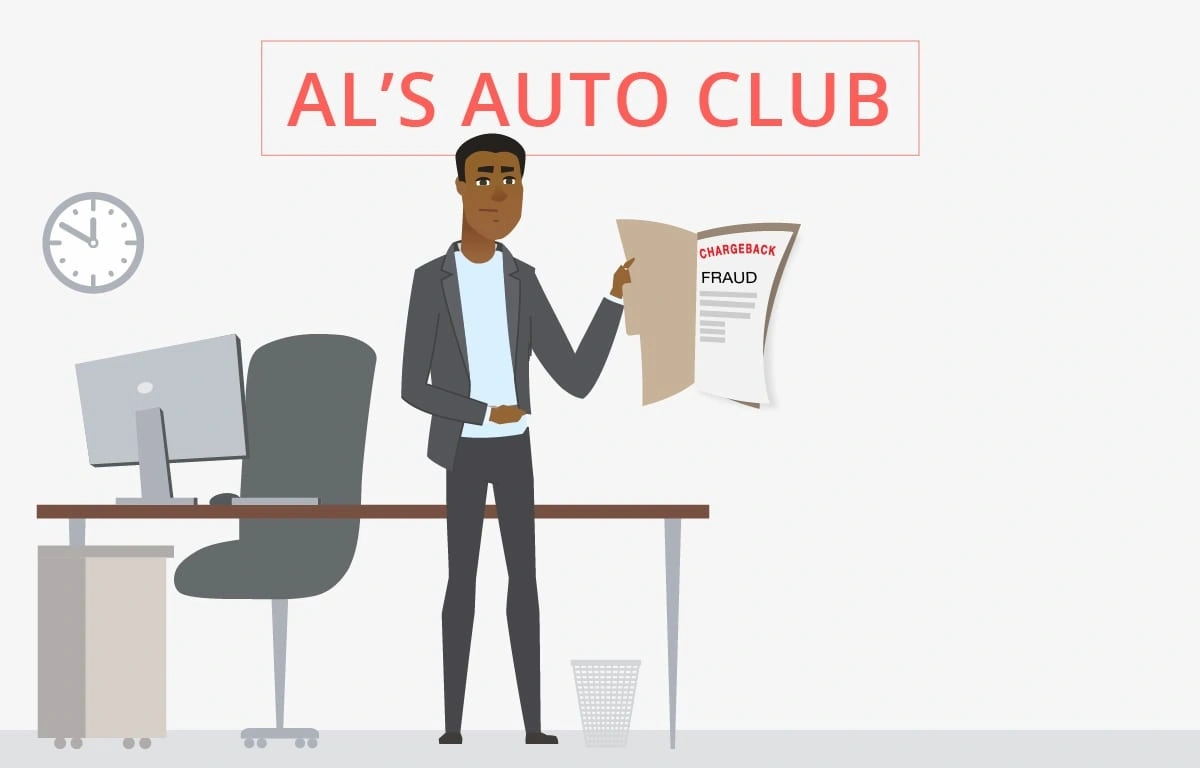
You (or Kount) will collect the information you have about the transaction and send it to the customer’s bank.
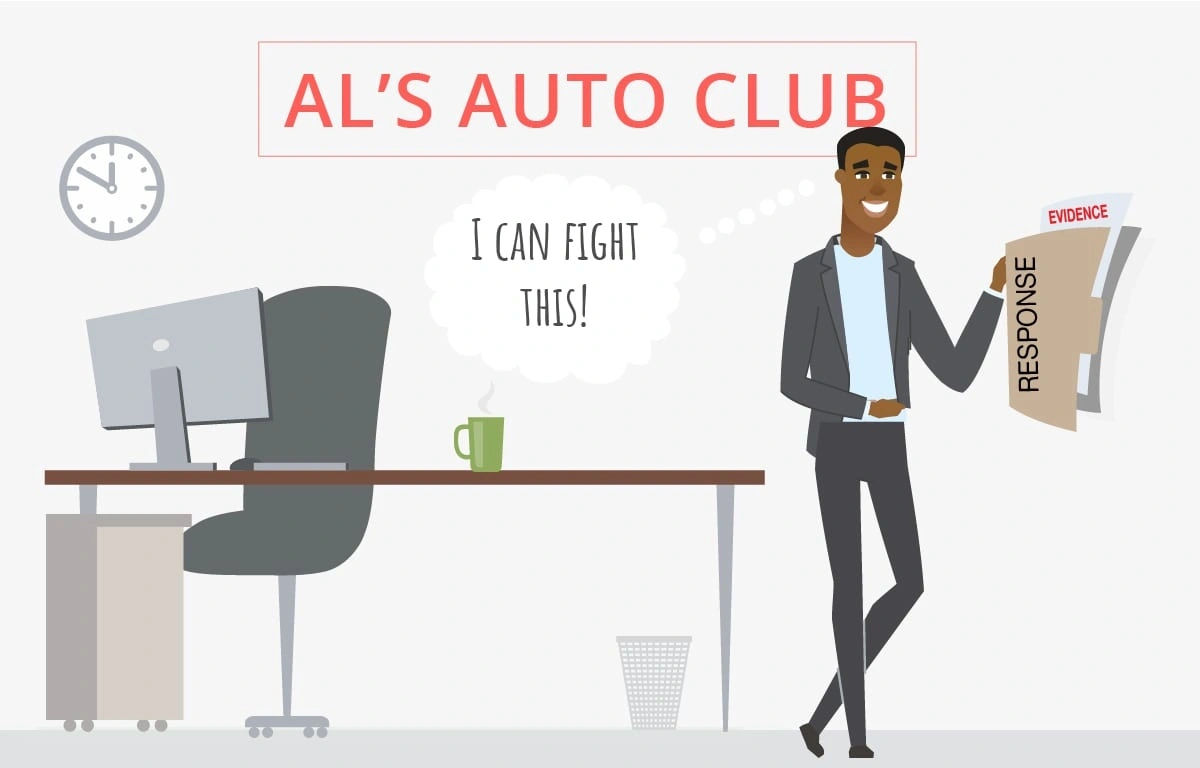
The bank will contact the customer and explain the results of the investigation: the dispute is invalid.
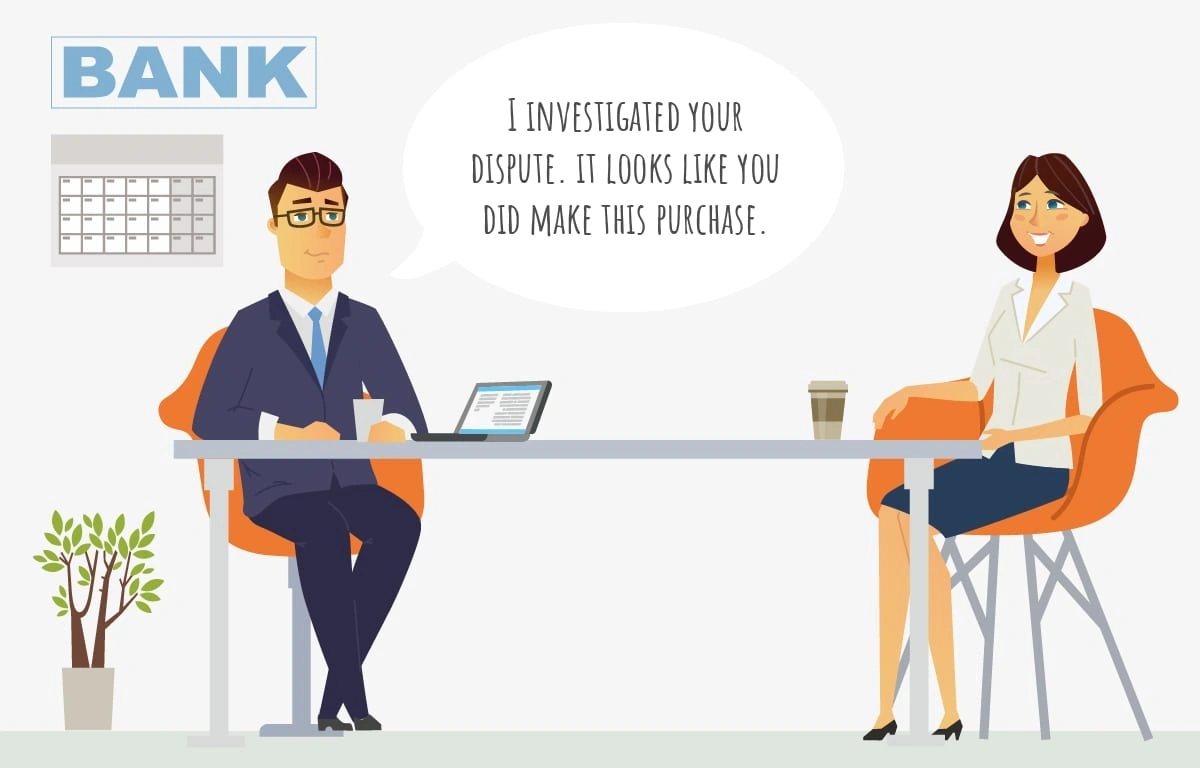
The customer can respond in one of two ways. One potential response is the customer admits the information you provided is accurate, accepts liability, and returns the conditional refund.
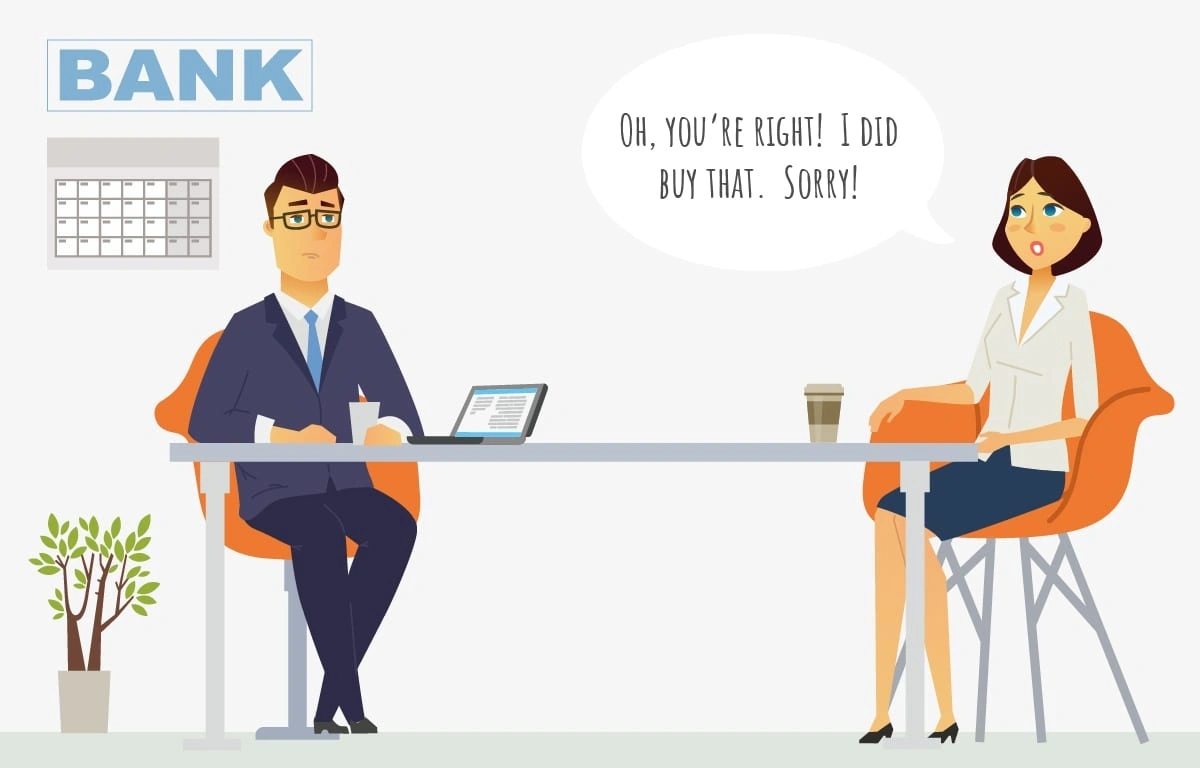
The second potential response is for the customer to keep disputing the transaction by either offering new information to back the claim or by changing the reason for the dispute. In either situation, the bank will send the dispute to you again (as a pre-arbitration case). The customer gets to keep the conditional refund the bank provided and you’ll be out the money.
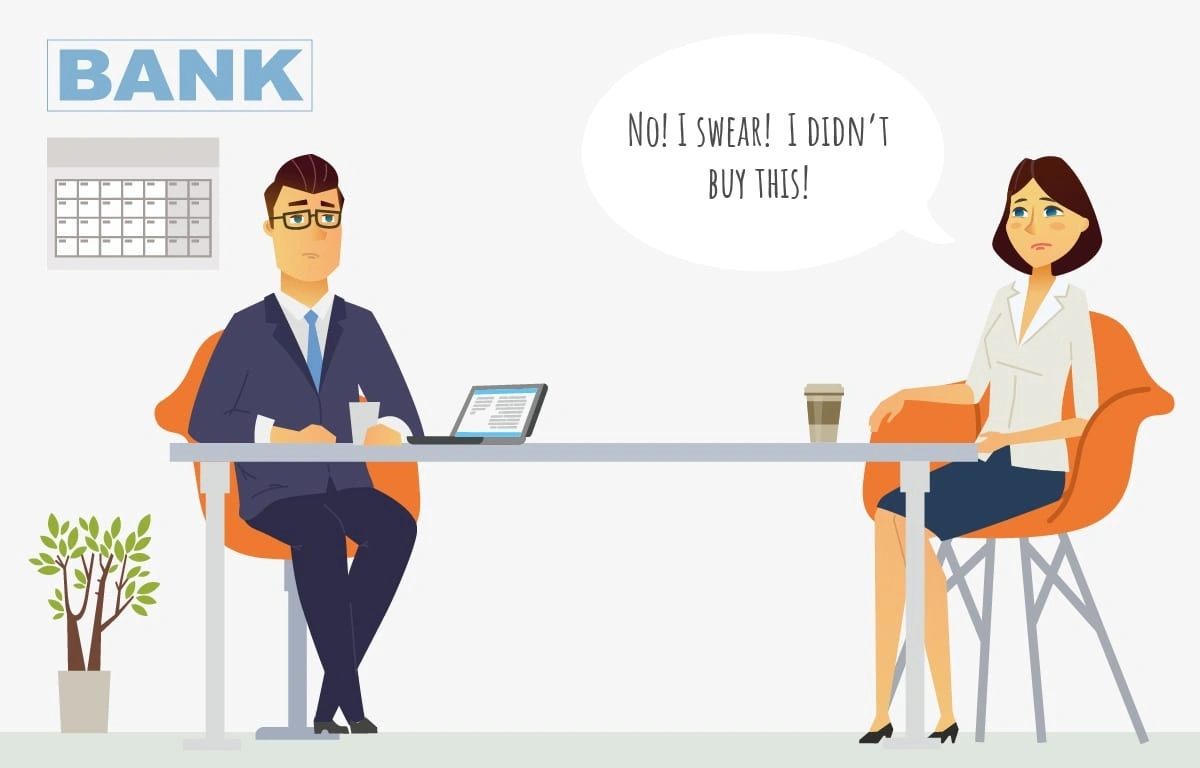
So, will customers get angry and write bad business reviews because you are fighting chargebacks?
No! There certainly won’t be any anger directed towards you — the customer didn’t even know you were involved! Remember, the customer turned to the bank for help.
But regardless of who the customer thinks is responsible for handling the problem, there is no reason to be angry about either of the potential outcomes.
In one scenario, the customer acknowledges the transaction was legitimate and admits to making a mistake. In the other scenario, the bank refunds the transaction — which is exactly what the customer hoped would happen.
Either way, there are no negative consequences of fighting chargebacks.
Why Does it Seem Like There is a Correlation Between Chargebacks and Bad Reviews?
Your customers might get angry, and they might write bad reviews online — but not because you are fighting chargebacks.
Your customers could get angry and say negative things about your business because their expectations weren’t met. Maybe they thought they were purchasing something different than what they got. Or they couldn’t figure out how to request a refund.
In these situations, frustration about the experience could lead to both a chargeback and a bad review.
But you shouldn’t just accept the negativity and revenue loss as a cost of doing business — those are completely manageable risks. The best defense against chargebacks is to commit to providing a top-notch customer experience and then constantly monitor, measure, and improve your efforts.
How Should You Fight Chargebacks?
Are you ready to try fighting chargebacks?
If you do decide to fight your chargebacks, remember what’s at stake. It is possible for the costs to outweigh the benefits. If you want the best results possible — without the fear of upset customers — let Kount help. Sign up for a demo today to learn more about our strategy for fighting chargebacks.